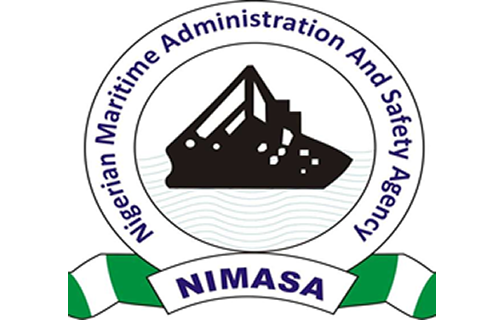The Nigerian Maritime Sector: A Story of Growth, Challenges, and Transformation
The Nigerian maritime industry is experiencing a period of dynamic transformation, marked by significant investments in human capital, efforts to address security challenges, and a renewed focus on global competitiveness. The Nigeria Liquefied Natural Gas Shipping and Marine Services Limited (NSML) plays a crucial role in this evolving landscape, not only as a key player in energy transportation but also as a contributor to the development of a skilled maritime workforce. The company’s recent announcement of employing approximately 300 cadets from the Nigerian Seafarers Development Programme (NSDP), a Nigerian Maritime Administration and Safety Agency (NIMASA) initiative, underscores this commitment to nurturing local talent and strengthening the nation’s maritime capabilities.
NSML’s absorption of these cadets, with 200 achieving full certification and nearly 100 directly employed within the company, signifies a substantial contribution to addressing the challenge of sea time training, a critical hurdle for aspiring seafarers. This initiative effectively bridges the gap between theoretical maritime education and practical onboard experience, vital for producing competent and qualified professionals. The company’s commitment aligns with the broader national objective of empowering Nigerian youth and enhancing the country’s standing in the global maritime domain. The inclusion of Romanian cadets within this training program further suggests an international collaborative approach to maritime skills development, fostering knowledge exchange and best practices within the sector.
However, challenges persist, particularly concerning the scarcity of ship berths, which directly impacts access to sea time training. This scarcity, a global concern but particularly acute in Nigeria due to the limited number of seagoing vessels, poses a significant obstacle to the development of a robust maritime workforce. Recognizing this constraint, NSML has actively sought solutions to expand berth availability, aiming to accommodate more cadets and contribute to mitigating this critical bottleneck. Addressing the berth scarcity is crucial for maximizing the impact of training programs like the NSDP and ensuring a steady pipeline of skilled seafarers for the Nigerian maritime industry.
One of the most significant strides in the Nigerian maritime domain has been the implementation of NIMASA’s Deep Blue Project, a comprehensive security initiative designed to combat piracy and other maritime crimes in the Gulf of Guinea. The project has achieved notable success in improving the perception of safety along the West African coast, leading to the removal of war risk insurance premiums, a considerable cost burden for shipping companies operating in the region. NSML acknowledges the positive impact of the Deep Blue Project, highlighting its role in enhancing security and contributing to a more stable maritime environment.
The rebranding exercise undertaken by NSML, symbolized by the unveiling of its new logo, represents more than a cosmetic change. It signifies a renewed commitment to operational excellence, safety, and innovation. The company’s emphasis on these core values underscores its dedication to becoming a reliable and sustainable partner in global energy services delivery. This commitment to excellence is not merely a statement of intent but a strategic imperative, reflecting the company’s ambition to solidify its position as a leader in the maritime sector. The rebranding initiative further underlines NSML’s resolve to uphold the highest industry standards, ensuring both the safety of its operations and the quality of its services.
In essence, the Nigerian maritime sector is undergoing a significant transformation, driven by initiatives like the NSDP, impactful security measures such as the Deep Blue Project, and the proactive approach of companies like NSML. The focus on human capital development, coupled with a commitment to enhancing maritime security, lays a strong foundation for sustainable growth and positions Nigeria to play a more prominent role in the global maritime landscape. NSML’s efforts in training and employing cadets, tackling the berth scarcity issue, and embracing a culture of excellence exemplify the positive direction the Nigerian maritime industry is taking. The ongoing journey, while not without its challenges, holds immense promise for a future where Nigeria stands as a major maritime hub in Africa and beyond.


